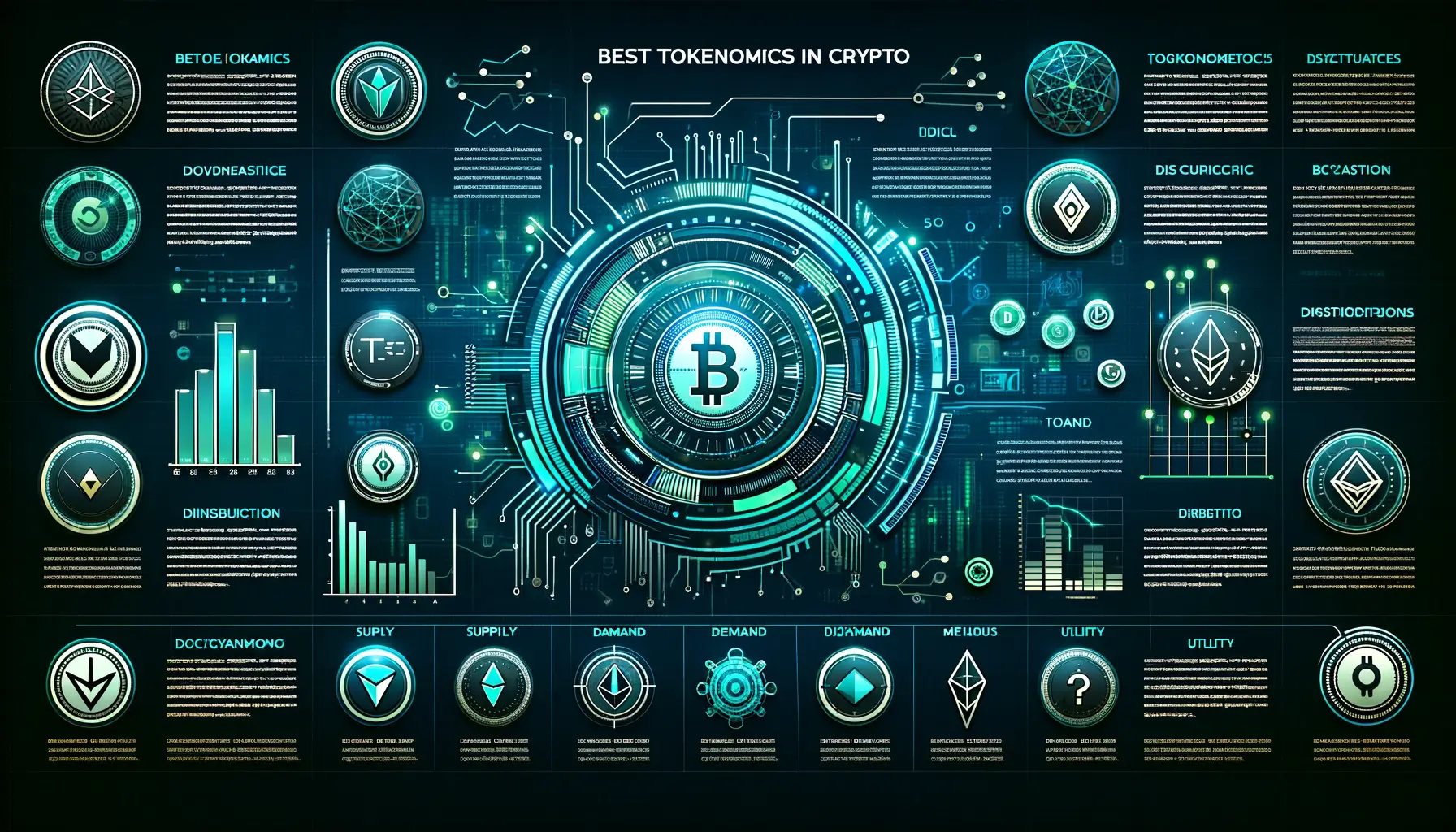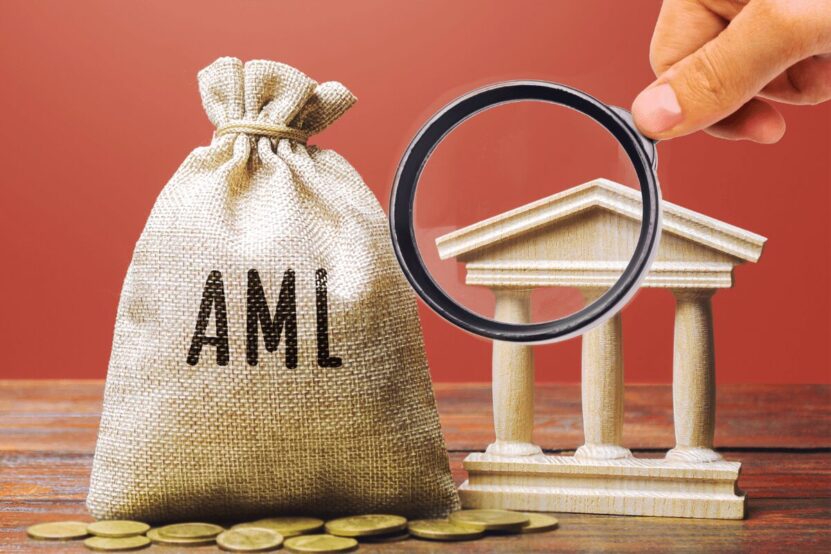
Blockchain technology has transformed various industries, offering decentralized and secure solutions for transactions, data storage, and more. As blockchain continues to evolve, many entrepreneurs and developers are exploring ways to monetize their blockchain projects.
From cryptocurrencies to smart contracts, the potential for generating revenue is vast. However, navigating the blockchain monetization landscape can be complex. Understanding the different strategies and best practices is crucial for success.
As Stefan Matthews, CEO of nChain, highlighted, 2024 is expected to be a pivotal year for blockchain use cases and revenue generation. He emphasizes the importance of real-world applications and the monetization opportunities they bring.
Developing a Unique Value Proposition
The foundation of any successful blockchain project lies in its unique value proposition (UVP). This is the distinct benefit that your project offers, setting it apart from competitors. To create a compelling UVP, focus on identifying a specific problem that your blockchain solution can address effectively.
Whether it’s improving supply chain transparency, enhancing financial transactions, or providing secure digital identities, your UVP should clearly communicate the value and advantages of your project.
Leveraging Tokenomics
Tokenomics, the economic model surrounding a blockchain’s native tokens, plays a critical role in monetization. Designing an effective tokenomics strategy involves deciding how tokens are created, distributed, and utilized within your ecosystem.
Common approaches include Initial Coin Offerings (ICOs), Security Token Offerings (STOs), and Initial Exchange Offerings (IEOs). Each method has its regulatory and financial implications, so it’s essential to choose the one that aligns best with your project’s goals.
Tokens can be used to incentivize users, facilitate transactions, or represent assets. For instance, utility tokens can grant access to your platform’s services, while security tokens can represent ownership stakes or revenue-sharing agreements. Carefully structuring your tokenomics ensures a sustainable and profitable ecosystem.

Exploring Decentralized Finance (DeFi)
Decentralized Finance (DeFi) has emerged as one of the most promising avenues for blockchain monetization. DeFi platforms offer financial services such as lending, borrowing, trading, and yield farming without traditional intermediaries. By creating or integrating with DeFi protocols, you can attract users looking for innovative financial solutions.
Implementing Smart Contracts
Smart contracts are self-executing contracts with the terms directly written into code. They automatically enforce and execute agreements when predefined conditions are met. Smart contracts can streamline processes, reduce costs, and eliminate the need for intermediaries in various industries, including finance, real estate, and supply chain.
To monetize smart contracts, consider offering customized contract development services or creating a marketplace for standardized smart contracts. Charging fees for contract deployment, execution, or maintenance can generate consistent income.
Additionally, partnerships with businesses seeking automation and efficiency improvements can provide lucrative opportunities.
Creating Blockchain-as-a-Service (BaaS) Solutions
Blockchain-as-a-Service (BaaS) allows businesses to integrate blockchain technology without the complexities of developing and maintaining their own infrastructure. Offering BaaS solutions can cater to enterprises looking to leverage blockchain for data security, transparency, and efficiency.

Capitalizing on Non-Fungible Tokens (NFTs)
Non-Fungible Tokens (NFTs) have gained immense popularity, representing unique digital assets such as art, music, videos, and virtual real estate. NFTs are bought, sold, and traded on various marketplaces, providing a lucrative opportunity for creators and investors.
To monetize NFTs, consider creating a platform for minting, trading, or auctioning these digital assets. Charging transaction fees, listing fees, or taking a percentage of sales can generate revenue. Collaborating with artists, celebrities, or brands can also enhance the appeal and value of your NFT offerings.
Building and Monetizing a Community
A strong and engaged community is vital for the success of any blockchain project. Fostering a loyal user base can lead to various monetization opportunities, from crowdfunding to premium memberships. Engaging with your community through social media, forums, and events helps build trust and credibility.
Ensuring Regulatory Compliance
Navigating the regulatory landscape is crucial for the sustainability and profitability of your blockchain project. Compliance with local and international regulations helps avoid legal issues and builds trust with users and investors. Staying informed about regulatory changes and working with legal experts can safeguard your project’s future.
Compliance measures may include anti-money laundering (AML) protocols, know your customer (KYC) procedures, and data privacy standards. Transparent communication about your compliance efforts can enhance your project’s reputation and attract institutional investors.

Leveraging Strategic Partnerships
Collaborating with established businesses, industry leaders, and other blockchain projects can amplify your reach and revenue potential. Strategic partnerships can provide access to new markets, resources, and expertise. Whether through joint ventures, integrations, or co-marketing efforts, partnerships can drive growth and innovation.
Identify partners whose goals align with yours and offer complementary strengths. Building strong relationships and delivering mutual benefits will ensure long-term success and profitability. Partnerships can also enhance your project’s credibility and attract more users and investors.
Investing in Marketing and Outreach
Effective marketing and outreach are essential for gaining visibility and attracting users to your blockchain project. Developing a comprehensive marketing strategy that includes digital marketing, content creation, public relations, and community engagement can boost your project’s profile.
Emphasizing Security and Trust
Security is paramount in the blockchain space, where vulnerabilities can lead to significant financial losses and reputational damage. Implementing robust security measures, conducting regular audits, and being transparent about your security practices can build trust with users and investors.
Highlighting your commitment to security can be a unique selling point, attracting users who prioritize safety and reliability. Offering insurance or guarantees for certain transactions or services can further enhance trust and provide an additional revenue stream.

Continuously Innovating and Adapting
The blockchain industry is rapidly evolving, with new technologies, trends, and regulations emerging regularly. Staying ahead of the curve requires continuous innovation and adaptation. Regularly updating your project, incorporating user feedback, and exploring new use cases can keep your project relevant and competitive.
Conclusion
Monetizing a blockchain project involves a multifaceted approach, from developing a strong value proposition to leveraging tokenomics, DeFi, and NFTs. Building a loyal community, ensuring regulatory compliance, and investing in marketing are equally crucial.
By emphasizing security, fostering strategic partnerships, and continuously innovating, you can unlock the full potential of your blockchain project and achieve sustainable revenue generation.
As blockchain technology continues to mature, the monetization opportunities will only grow, making it an exciting time to be part of this dynamic industry.

